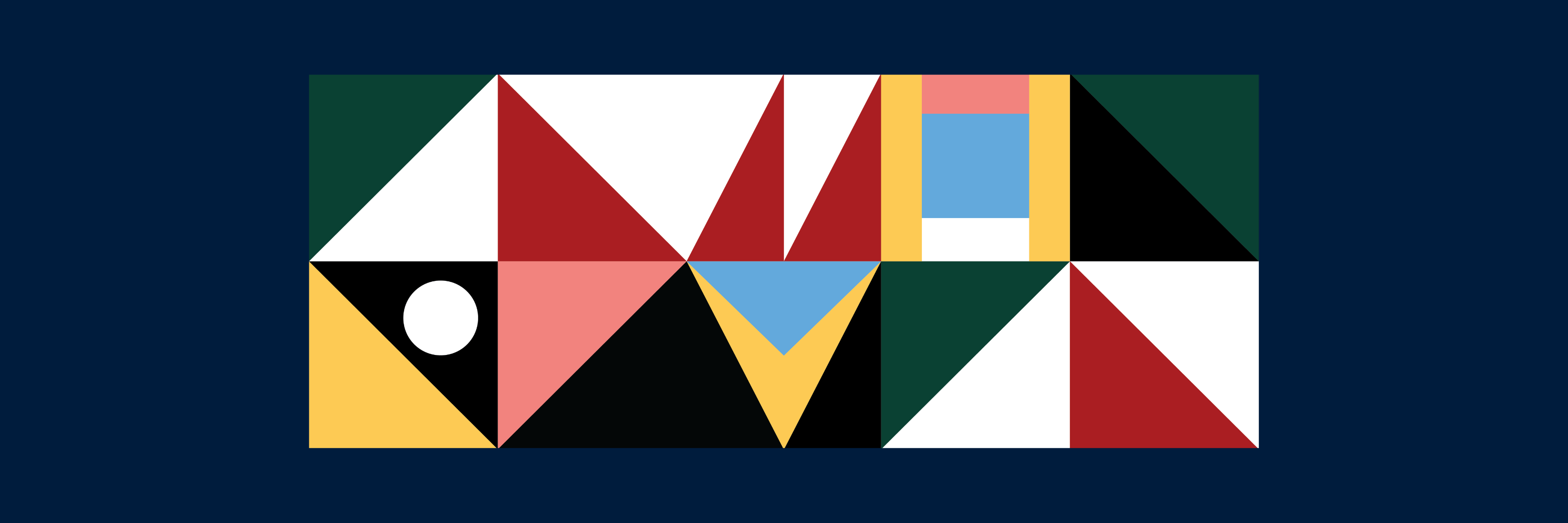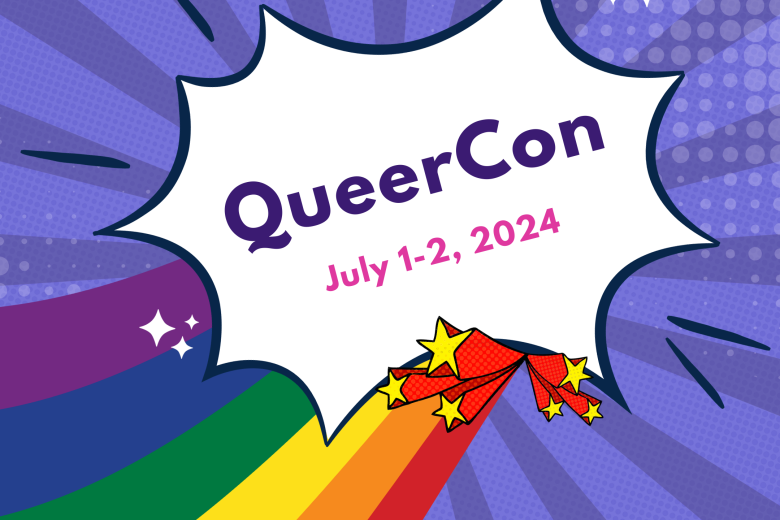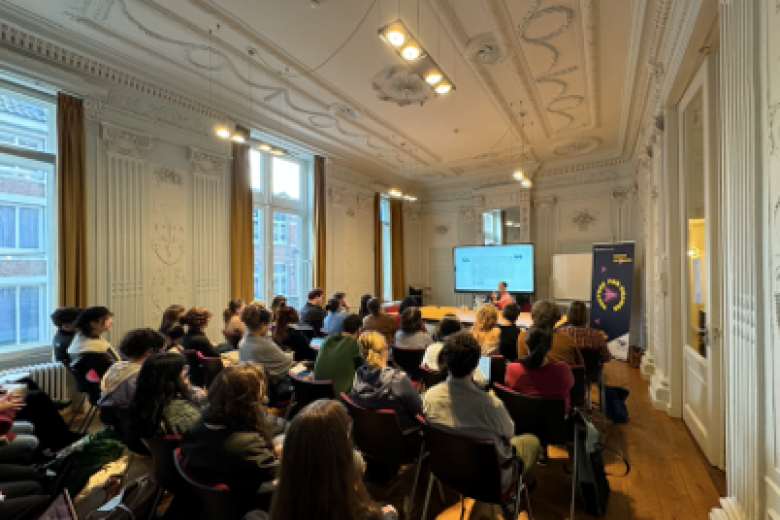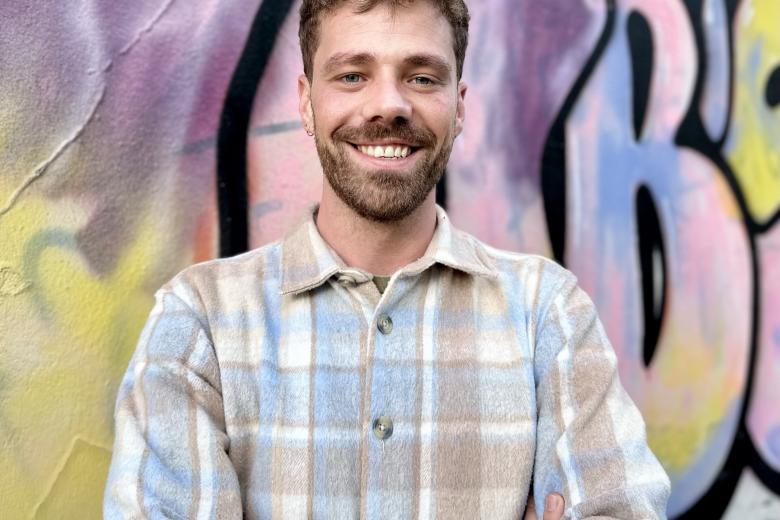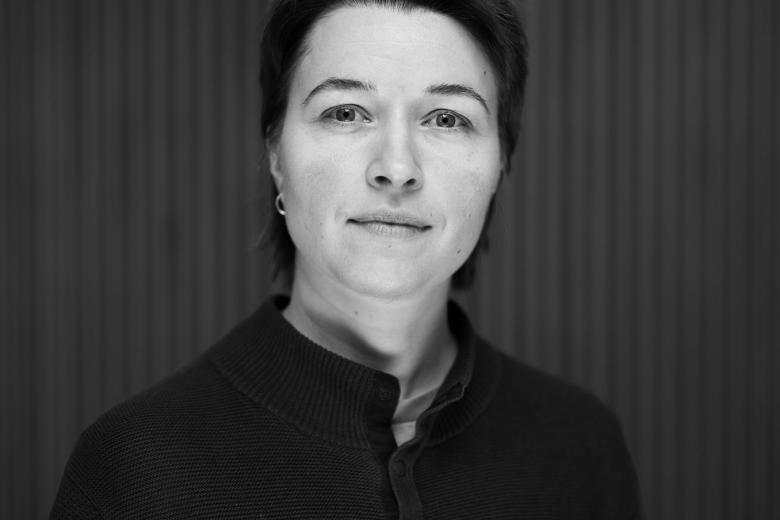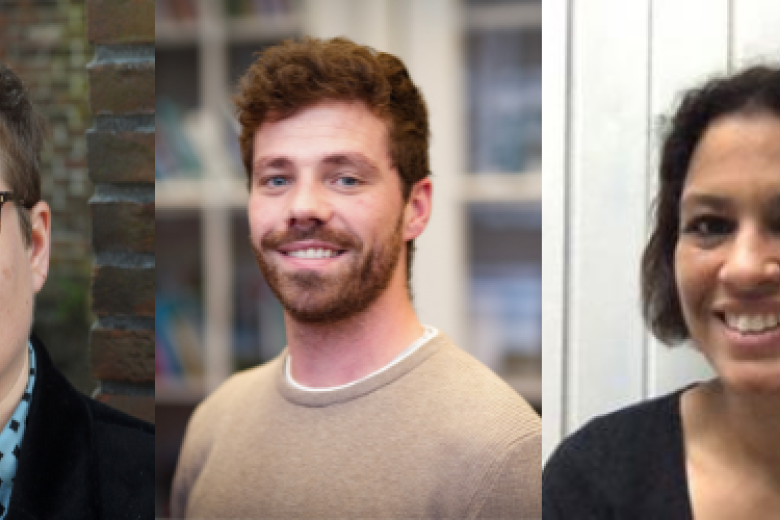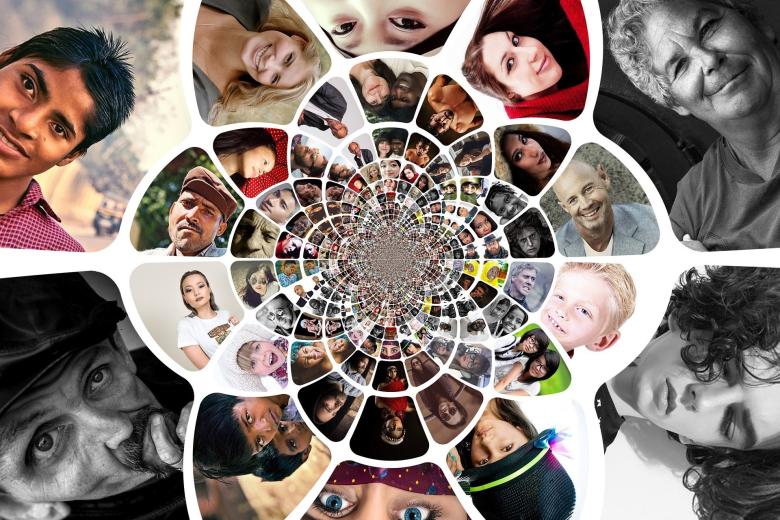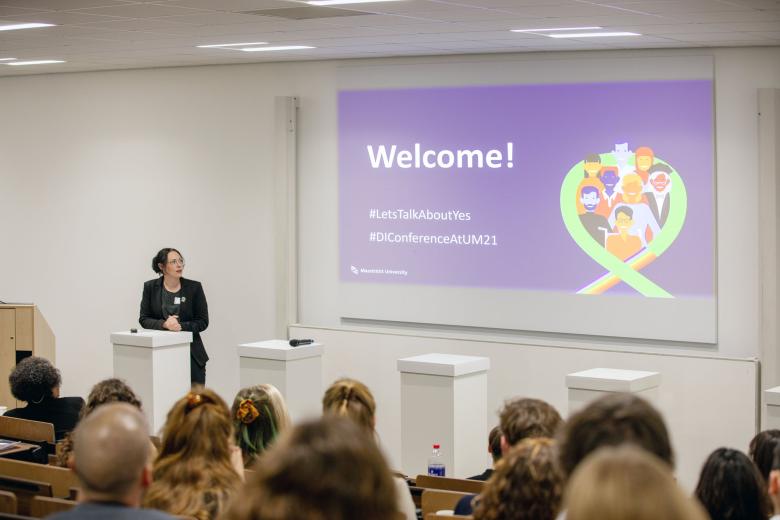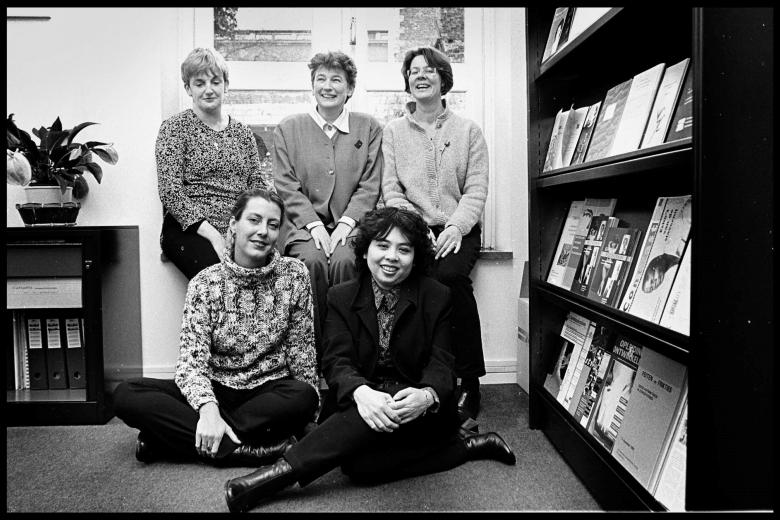Centre for Gender and Diversity
The Centre for Gender and Diversity (CGD) is a research platform at Maastricht University's Faculty of Arts and Social Sciences. The CGD's mission is to connect researchers in the fields of gender and diversity studies, to facilitate networking with societal partners, and to enhance public-facing scholarship.
Our members broadly focus on studying mechanisms of inclusion and exclusion from an intersectional perspective. The research we conduct concerns the making of cultural and social differences in cases of embodied experience, art, language, law, institutions, science and technology, and is grounded in feminist and intersectional approaches to critical analysis. We aim to use our research as a vector of change - to not only describe and explain social issues but to engage stakeholders and intervene for the sake of social justice.
Get to know the CGD
What drives our researchers?
Our researchers conduct important research on themes such as sustainability, quality of life, learning and innovation, and Europe and globalisation. They do this for the region, the Netherlands, Europe and for the entire world - so for you as well. Meet some of our researchers and their diverse work. What drives them? Why is mutual collaboration so important? What is the impact of their research on society? You will find out in this interactive video.
History and Ambition
Founded in September 1998, the CGD has a 25-year tradition of creating synergy between the Three As: Academic Research, Art, and Activism. Our research projects are interdisciplinary, embedded, and conduct knowledge creation with the participation of partners. CGD scholarship charts the symbolic systems of the arts, cultural production, and language use. It maps and transforms the interactions of schemata for masculinity and femininity with social difference categories of race, class, age, ability, sexuality, religion, residency status, as well as multitude emerging factors that influence personhood/subject positions. The overarching CGD intellectual mission is the historical and contemporary study of the complex interactions between these intersecting vectors of power differentials, in the tradition of feminist theories and methods of intersectionality.
In our research on a wide variety of minoritised subjects we do not lose sight of how intersectional approaches have been developed primarily by Black and of color feminists to account for multiple forms of oppression. In an interdisciplinary fashion, we seek to contribute to the development of intersectionality by combining empirical and sociological data and philosophies of embodiment with a humanities approach to the study of the arts: including literature, life-writing, performance, visual culture, digital culture, heritage, and cultural institutions.
Our theoretical ambition is to reassess the humanism at the core of intersectionality. We do so through the key question we ask of these art forms interfacing with society: what composes the Human? Here, there, now, and then? This brings our scholarship to debates in science (technicity), ethics of medicine and care (personhood), to the exigencies of enslavement (coloniality), and to the realm of nature (animality). Hence, we also contribute to Critical Life Studies that grapples with the multiple ‘turns’ (e.g. new materialism, Anthropocene, affective) and multiplying field ‘studies’ (trans, queer, critical race, postcolonial, animal, age, disability) in critical theory that interrogate the ontological hold of the Human in the face of global crises of climate and social justice.
Vectors for Change
The Centre for Gender and Diversity is thrilled to launch a new lecture series called Vectors for Change. Invited speakers from near and far will share their unique analyses of intersecting vectors of power differentials. The series aims to showcase how research can become a vector of change - to not only describe and explain social issues, but to involve public partners and intervene for the sake of social justice. Join us for exchanges that seek to further develop engaged research in the tradition of feminist theories and methods of intersectionality.
Programme 2024-2025:
13 November 2024, 11:00-13:00
"The Critical Study of Whiteness in the 21st century: Views and Theorisations from the Global South" Lecture by Prof. Christi van der Westhuizen (Nelson Mandela University) + 12 Nov PhD workshop organized by Pieter du Plessis
Read more and sign up for this lecture
27 January 2025, 15:30-17:30
"Care Aesthetics - origins, questions and future directions" Lecture by James Thompson and Réka Polonyi (University of Manchester)
26 February 2025, 15:30-17:30
“Feminist Knowledge Struggles: Telling Stories Differently” Lecture by Prof. Clare Hemmings (London School of Economics)
+ 27 Feb PhD dissertation workshop organized by Vasso Belia
19 March 2025, 15:30-17:30
“Stories [that] Matter: On Academia, Precarity and Resilience” Lecture by Ladan Rahbari and Olga Burlyuk (University of Amsterdam)
Latest News
Quick links
Upcoming events
Logo design: Sinine Nakhle

